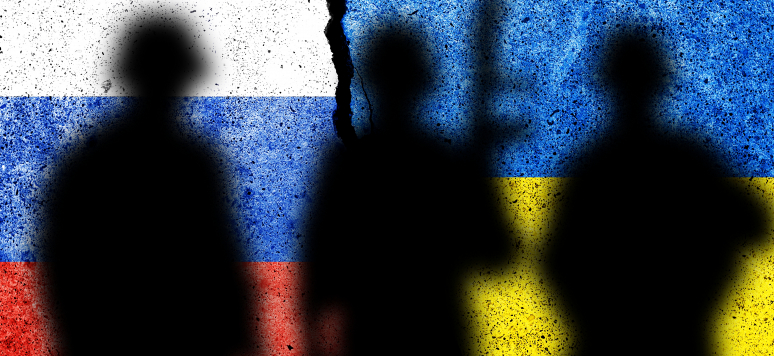Russie.Eurasie.Visions - Russia's Invasion of Ukraine: A Political-Strategic Break? Russie.Nei.Visions, No. 126, Ifri, March 2022

On February 24, 2022, eight years after deploying an integrated military and non-military indirect strategy against Kiev, Vladimir Putin decided to initiate an open war against Ukraine.
The launching of this war may have seemed paradoxical insofar as the Russian military-political elites have, for the past thirty years, conceptualized and promoted the bypassing of the interstate armed struggle in order to achieve political objectives considered vital. This raises the question: did Russia's president choose to start this war after careful consideration, or was it a snap decision? In any case, Russia's decision to invade Ukraine also questions the cognitive frameworks of the actors who devise and lead Moscow's strategies. With their radically hostile perception of the strategic environment, Russia’s military-political elites are susceptible to acting in ways that are unpredictable, impulsive and, ultimately, counterproductive.
Dimitri Minic is a Research Fellow at Ifri’s Russia/NIS Center. He holds a PhD in History of International Relations from the Sorbonne University (2021).
